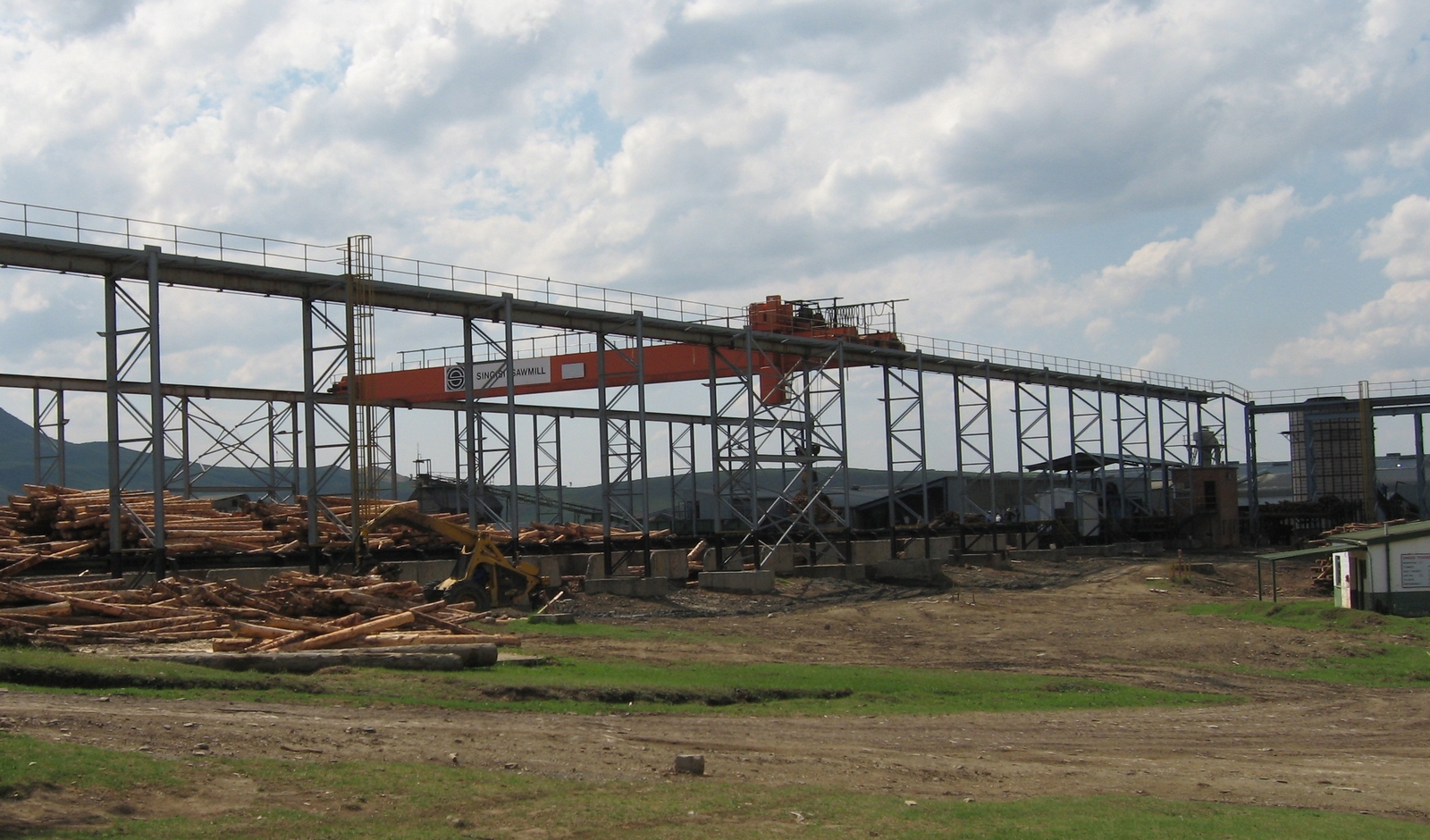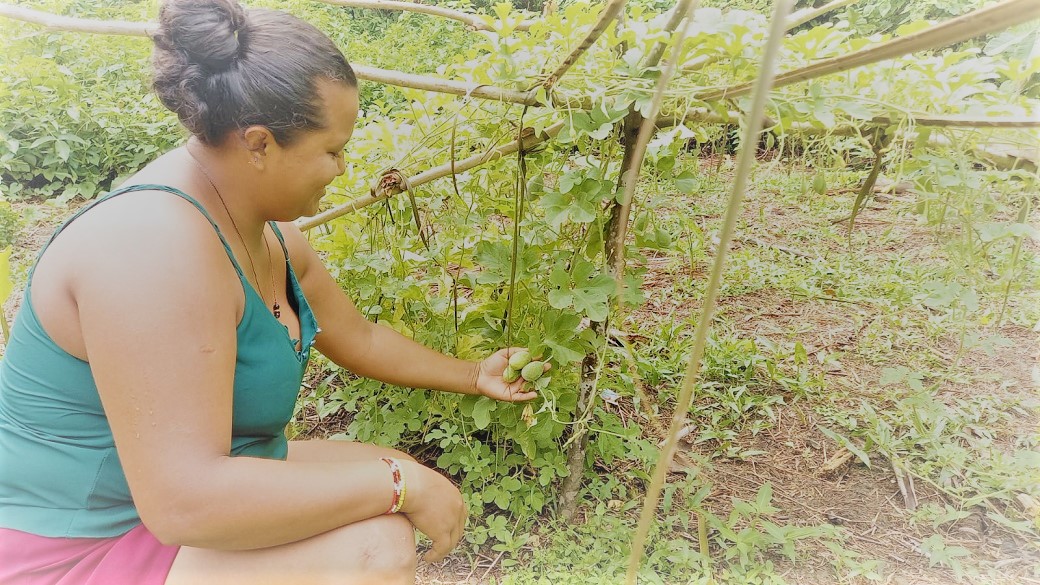Certification in South Africa
 Case Study
Case Study
Resources
The South African NGO coalition Timberwatch undertook a case study looking at the timber plantation and saw-milling operations of a South African company, Hans Merensky Holdings (HMH), and its subsidiary, Singisi Forest Products (SFP) which have been certified by FSC.
HMH is locally unique in some respects, particularly in terms of the political and historical context within which it operates. However, it is still possible to derive some general conclusions about its use of the FSC system. It demonstrates how FSC impacts on the local economy and biodiversity; and whether or not local communities have benefited from the company’s engagement in the FSC process. It also shows how FSC has impacted on communities’ governance over their own lands.
It is clear from the case study that even though they are FSC-certified, HMH and Singisi Forest Products are failing to make their activities socially sustainable. The formal involvement of communities does not seem to be stemming the tide of negative economic and social consequences being experienced by local people. Rather, their involvement and the constant hope of financial gain prevent them from speaking out about current woes.
HMH and SFP, far from taking a progressive approach, appear to be adhering to a model that disadvantages small players and leaves many people destitute.
It is particularly evident that:
- The land and water resources that presently belong to the Eastern Cape and southern KwaZulu-Natal rural communities are being targeted for the ongoing expansion of timber plantations and the establishment of industrial-scale agrofuel crops;
- Local small and medium timber-processing enterprises are being squeezed out of existence; and
- Communities are under increased pressure to support this development, even though these land uses are not appropriate for them and will almost certainly not be environmentally sustainable.
The FSC certification system, as practiced in South Africa, actually seems to be masking some of the many environmental, social and economic problems experienced by communities living alongside plantations.
The expansion and development of the sector to meet increased global demand for timber products has increased unemployment and functional poverty in the area, and has led to encroachment into land and water resources required for food production and food security.
There are also other associated dangers including fire, water shortages and reduced access to the natural resources essential to a self-sufficient livelihood. Timber mills have led to de-skilling of workers, as they mainly do manual work. The rise of contract worker arrangements has also left many community members unemployed.
Please refer to Life as Commerce: how market-based conservation impact on community governance for the summary case study and further details, or the full report on Certification in South Africa .











